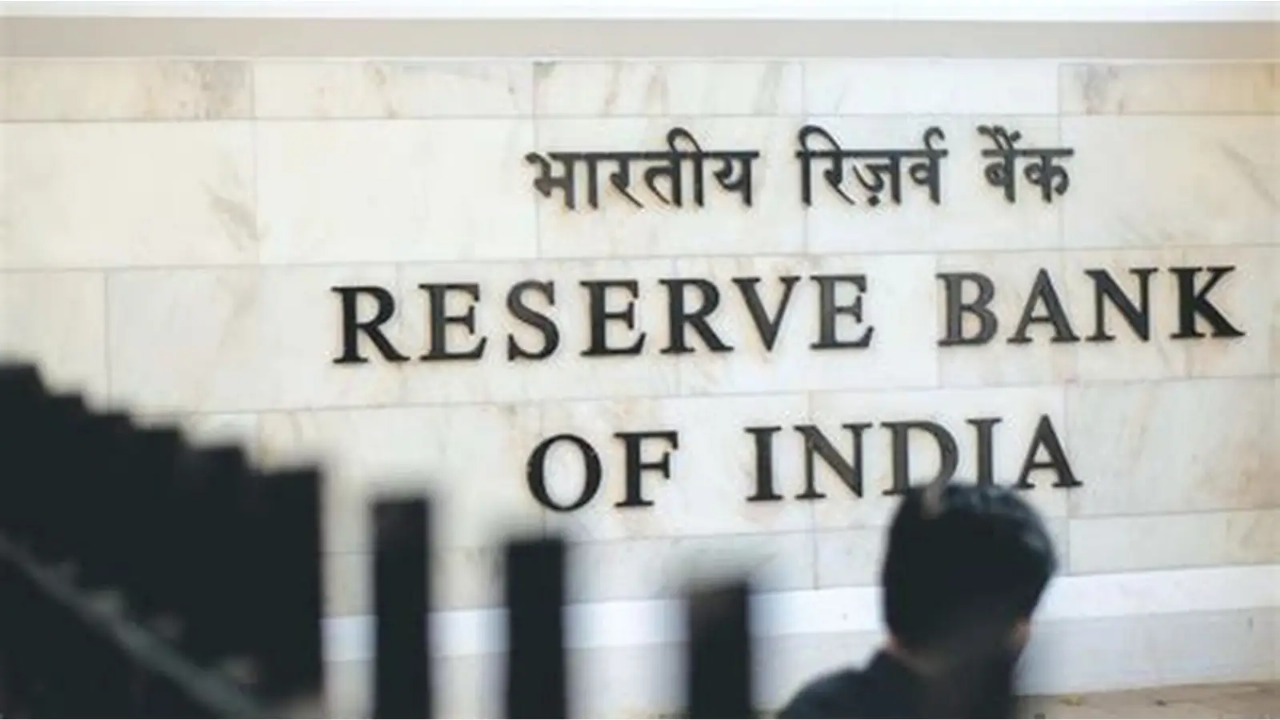 Image Source: livemint
Image Source: livemint
The Reserve Bank of India (RBI) recently hosted its 35th Conference of State Finance Secretaries, bringing together senior financial officials from various states to discuss critical issues related to fiscal management, economic policy coordination, and strengthening state finances. This conference serves as an important platform for collaborative dialogue between the central bank and state governments to promote sustainable growth and macroeconomic stability.
Key Highlights:
-
The 35th edition of the conference focused on enhancing coordination between the Reserve Bank and state finance departments to align fiscal strategies with broader national economic objectives.
-
Discussions covered key themes such as effective fiscal consolidation, debt management, resource mobilization, and the optimization of expenditures to boost developmental outcomes.
-
The RBI underscored the importance of maintaining fiscal discipline while promoting capital expenditure geared towards infrastructure, social welfare, and livelihood enhancement.
-
Special emphasis was placed on improving transparency, adopting best practices in fiscal reporting, and leveraging technology for efficient financial administration at the state level.
-
State Finance Secretaries shared insights on budgetary challenges, revenue enhancement measures, and innovative financing mechanisms to address fiscal pressures exacerbated by global economic uncertainties.
-
RBI representatives highlighted the role of monetary policy synchronization with fiscal policy to ensure optimal macroeconomic outcomes without compromising inflation and growth targets.
-
The conference also addressed emerging topics such as climate finance, digital payments adoption, and initiatives to enhance financial inclusivity across states.
-
Capacity building and upskilling of finance department personnel were recognized as critical for sustaining effective public financial management systems.
Market and Economic Implications:
-
The RBI’s initiative to engage state finance leadership aims to foster cooperative federalism essential for India’s economic resilience and progress. Enhanced fiscal coordination is expected to improve resource allocation efficiencies and public service delivery across states.
-
By encouraging responsible debt management and infrastructure investment, the discussions set the stage for sustained economic recovery and accelerated development in post-pandemic India.
-
Investor sentiment towards Indian states may improve as fiscal transparency and governance norms align better with national priorities supported by RBI guidance.
In summary, the 35th Conference of State Finance Secretaries hosted by RBI highlights ongoing efforts to strengthen fiscal policy frameworks, encourage robust state finances, and promote collaborative economic governance crucial for India’s inclusive growth.
Sources: Reserve Bank of India official releases, Economic Times, Business Standard, Financial Express
Sources: Reserve Bank of India official releases, Economic Times, Business Standard, Financial ExpressThe Reserve Bank of India (RBI) recently hosted its 35th Conference of State Finance Secretaries, bringing together senior financial officials from various states to discuss critical issues related to fiscal management, economic policy coordination, and strengthening state finances. This conference serves as an important platform for collaborative dialogue between the central bank and state governments to promote sustainable growth and macroeconomic stability.
Key Highlights:
The 35th edition of the conference focused on enhancing coordination between the Reserve Bank and state finance departments to align fiscal strategies with broader national economic objectives.
Discussions covered key themes such as effective fiscal consolidation, debt management, resource mobilization, and the optimization of expenditures to boost developmental outcomes.
The RBI underscored the importance of maintaining fiscal discipline while promoting capital expenditure geared towards infrastructure, social welfare, and livelihood enhancement.
Special emphasis was placed on improving transparency, adopting best practices in fiscal reporting, and leveraging technology for efficient financial administration at the state level.
State Finance Secretaries shared insights on budgetary challenges, revenue enhancement measures, and innovative financing mechanisms to address fiscal pressures exacerbated by global economic uncertainties.
RBI representatives highlighted the role of monetary policy synchronization with fiscal policy to ensure optimal macroeconomic outcomes without compromising inflation and growth targets.
The conference also addressed emerging topics such as climate finance, digital payments adoption, and initiatives to enhance financial inclusivity across states.
Capacity building and upskilling of finance department personnel were recognized as critical for sustaining effective public financial management systems.
Market and Economic Implications:
The RBI’s initiative to engage state finance leadership aims to foster cooperative federalism essential for India’s economic resilience and progress. Enhanced fiscal coordination is expected to improve resource allocation efficiencies and public service delivery across states.
By encouraging responsible debt management and infrastructure investment, the discussions set the stage for sustained economic recovery and accelerated development in post-pandemic India.
Investor sentiment towards Indian states may improve as fiscal transparency and governance norms align better with national priorities supported by RBI guidance.
In summary, the 35th Conference of State Finance Secretaries hosted by RBI highlights ongoing efforts to strengthen fiscal policy frameworks, encourage robust state finances, and promote collaborative economic governance crucial for India’s inclusive growth.
Sources: Reserve Bank of India official releases, Economic Times, Business Standard, Financial Express
Advertisement
Advertisement



